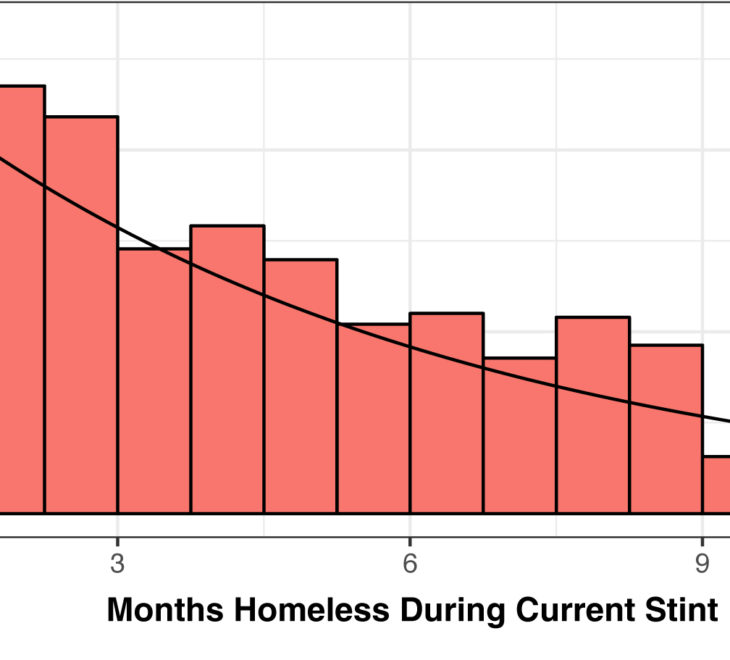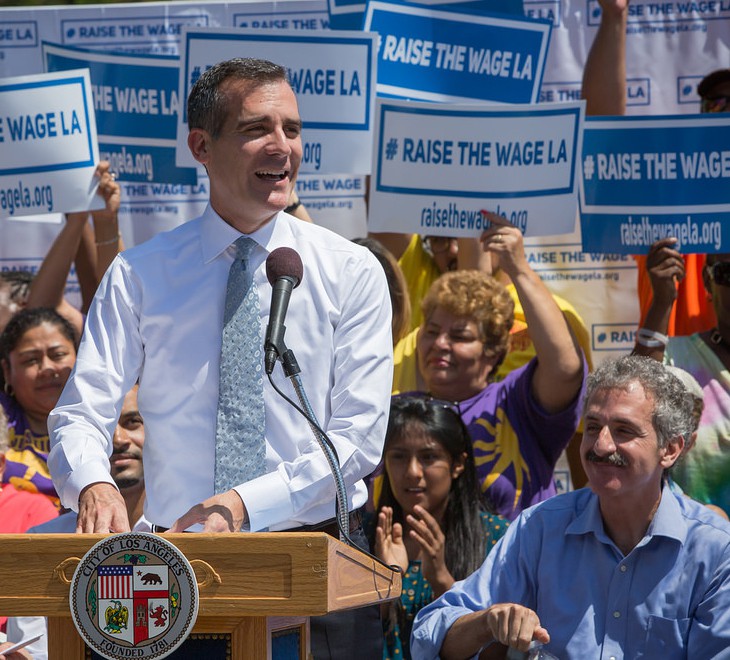FOR RELEASE ON AUGUST 31, 2014
Californian Dream Sinks Underground
A New Report Finds One of Six Construction Workers in Golden State Employed in Informal Economy
LOS ANGELES, Ca. — A new report by the Economic Roundtable, a public benefit research organization, released on August 31, 2014, found that 143,900 construction workers in California fell into the informal economy in 2011. This was comprised of 104,100 construction workers who were not reported by their employers and 39,800 who were misclassified as independent contractors. Construction is a $152 billion industry in the Golden State, employing 895,000 construction workers, of whom one out of six has sunk into the informal economy. A quarter of employees in the specialty trades (including drywall and flooring) were informal.
Informal employment in Californian construction has increased by 400 percent since 1972. The ranks of the informal swell with each economic recession, but most recently a larger share of workers have stayed in the informal sector because formal sector jobs have not been recovered. Four years after the end of the Great Recession, the industry has recovered only 66 percent of the jobs lost in the formal sector.
”Safeguarding working people and providing a level playing field for honest employers to prosper is essential for the vitality of California’s economy,” said Julie Su, California Labor Commissioner. “A just day’s pay for a hard day’s work should be a reality in every workplace. Information from this report identifying abuses in the construction industry is a valuable tool for protecting workers as well as employers who play by the rules.”
The Economic Roundtable estimates that the informal tax gap was over $774 million in 2011. The federal government lost $301 million in taxes, because of informal construction employment. California lost a total of $473 million, including $264 million for workers’ compensation, $146 million for state disability, and $63 million for state unemployment insurance.
“The flagrant violator contractors don’t just steal from employees. They steal jobs from legitimate high road contractors, and their employees’ families,” said Bruce Wick, Director of Risk Management at California Professional Association of Specialty Contractors (CALPASC). “All parties suffer, except the bad actor contractor, and the project owner who gets an unfairly low bid price. These wrongs must be made right, and this study helps point the way”.
Construction workers informally employed earn less than those in the formal sector. For every dollar earned by a construction worker employed in California’s formal sector, an unreported worker makes 52-cents and a misclassified worker 62-cents. The total informal wage gap was $1.2 billion in 2011. Households supported by an informal construction worker were three times more likely to live in poverty than households supported by a formal sector worker.
“Construction once provided livelihoods for many workers to live the Californian Dream,” said lead researcher Yvonne Yen Liu. “That dream has unfortunately turned into a nightmare as informality increases and many are pushed into contingent work. Construction is a low-road model of an industry sinking underground. Informality threatens to become the new normal. To get back on our feet, California needs to raise the floor wage so informal workers are paid a fair wage and enforce labor standards.”
The Economic Roundtable, founded in 1983, is a public benefit organization based in Los Angeles, California that conducts economic, social, and environmental research.
Visit us at economicrt.org and follow us @economicrt.
Contact:
YVONNE YEN LIU
(213) 892-8104 x207
DANIEL FLAMING
(213) 892-8104 x204
###













